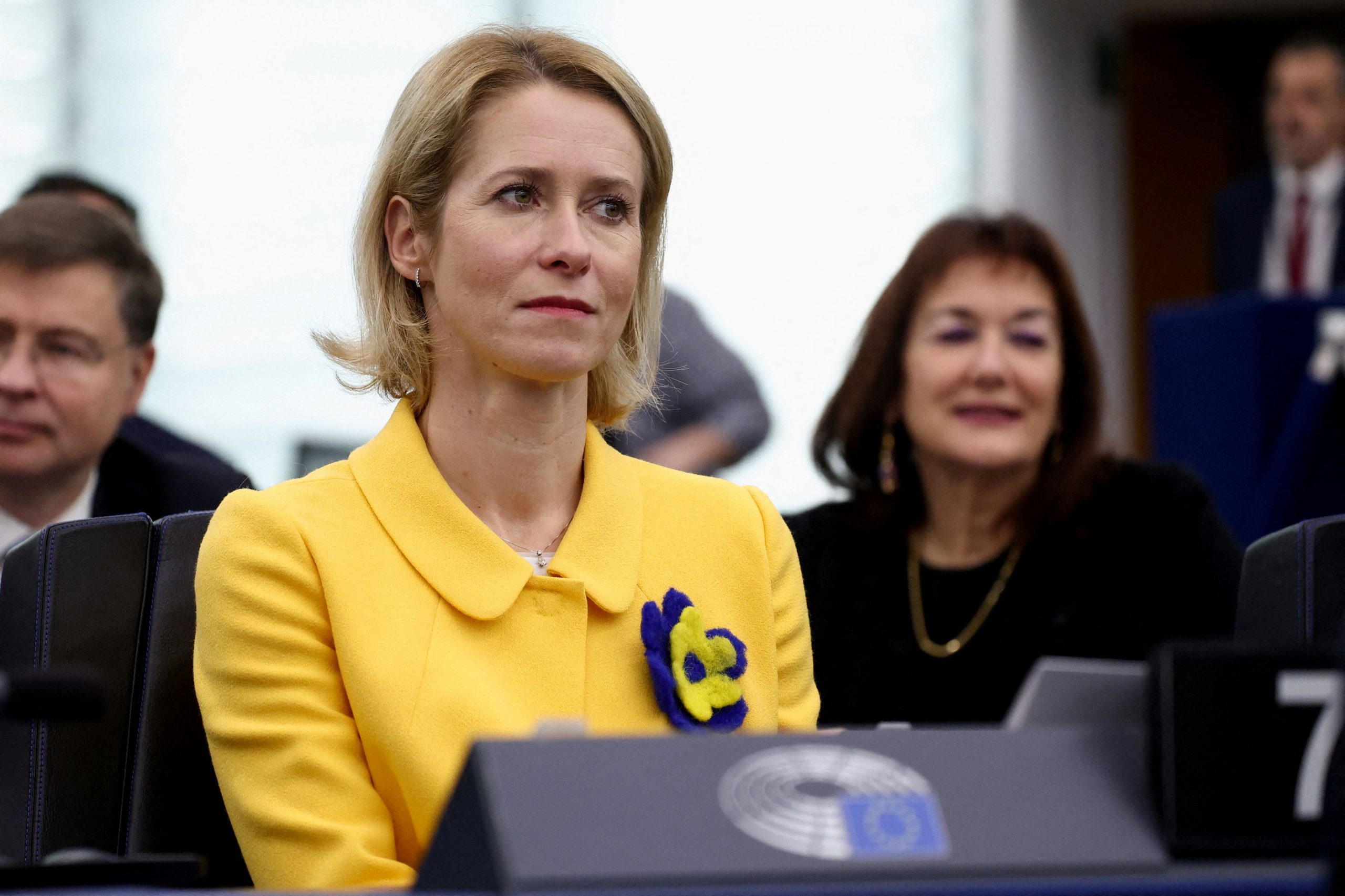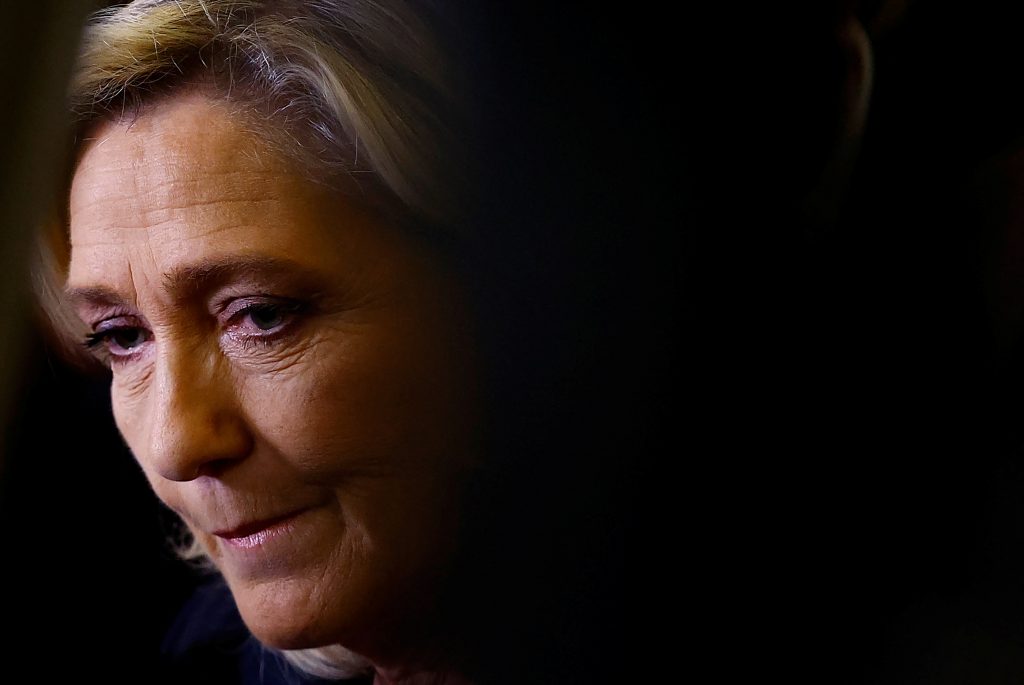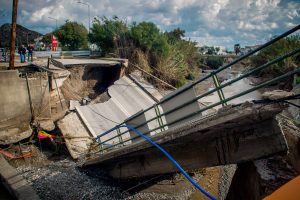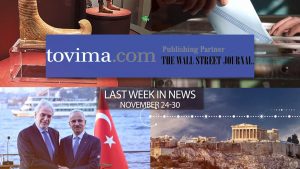European Council President António Costa and EU foreign policy chief Kaja Kallas visited Kyiv, Ukraine, on Sunday, in a symbolic demonstration of unwavering European Union support for the war-torn nation.
This visit marked their first official trip since assuming their respective roles and came at a critical time as Ukraine faces intensified Russian aggression and uncertainty surrounding U.S. policy under President-elect Donald Trump.
“From day one of the war, the EU has stood by the side of Ukraine,” Costa shared in a post on X.
From day one of the war, the EU has stood by the side of Ukraine.
From day one of our mandate, we are reaffirming our unwavering support to the Ukrainian people.
Proud to be in Kyiv with @kajakallas and @Marta1Kos. pic.twitter.com/hlBxXCVVh7
— António Costa (@eucopresident) December 1, 2024
Kallas echoed these sentiments, stating, “The European Union wants Ukraine to win this war. We will do whatever it takes for that.”
The visit underscores the EU’s commitment to Ukraine, which has so far received $133 billion in aid from EU institutions and member countries since the war began in February 2022. However, the future of this support remains uncertain, especially with the potential reduction in U.S. assistance as Trump prepares to take office.
Meanwhile, on the battlefield, Russian forces continue their offensive, targeting villages in the industrial Donbas region and launching airstrikes on Ukraine’s energy infrastructure as winter intensifies.
Kallas, the former prime minister of Estonia, has been an outspoken critic of Russia, earning her a place on Moscow’s wanted list for her role in removing Soviet-era monuments. Her leadership has consistently emphasized the importance of countering Russian aggression.
Costa, as president of the European Council, now coordinates the EU’s national leaders and chairs their summits. At a recent ceremony in Brussels, Costa emphasized the global yearning for peace, particularly for “the embattled and heroic Ukrainian people.” However, he warned that peace “must not reward the aggressor,” reaffirming the EU’s stance against any concessions to Moscow.



